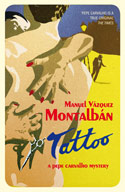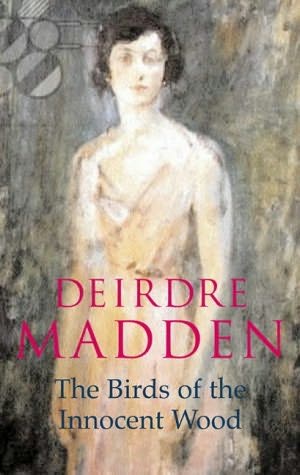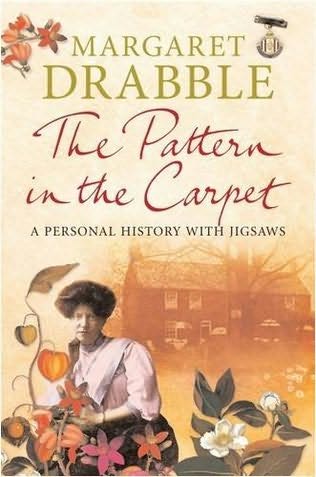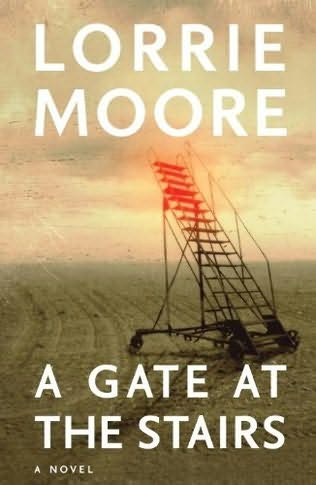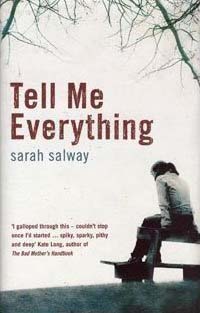Suggested by Jennysbooks: Something I’ve been thinking about lately: “What words/phrases in a blurb make a book irresistible? What words/phrases will make you put the book back down immediately?”
I don't think there is a word or phrase in a blurb or review quote that will make or break me. Perhaps if a blurb characterized a book as full of blood and gore, or if something in it indicated that the subject or narrator of the book were obnoxiously holy, racist, sexist, or homophobic I would probably put down the book, but it's the general thrust of blurbs that speak to me. It puts me off when there are too many blurbs. Some paperbacks have pages of them from every newspaper in the world. Make a choice. They rarely say anything different. Many compare the writer to another writer, usually one that has sold many books. Sometimes I am aware that a blurb was only stuck in because it mentioned yet another author's name, on the chance that that one comparison will be the only writer the prospective customer has ever heard of. It's especially ridiculous when two successive blurbs compare the author to such different authors that the comparisons clearly don't reflect the publisher's opinion about they book, they just reflect their desire to sell more copies by appealing to different markets - say, "reminds me of Nicholas Sparks..." and "this is a great novel in the tradition of Faulkner." Desperation is the greatest turn-off in book sales. The surest way to get me not to buy a book is to use hyperbole. "The greatest," "the best," "it will change your life," "more meaningful than the bible, only shorter." Give me a break.Generally it is the quality of the author of the blurb or quote makes a difference, unless I know that there is an established connection between the blurb author and the book's. I have seen blurb's written by an author's mentor. That like having a review written by your mother. But if the blurb writer is a talented writer and says something specific about the book that makes me think that it has an original voice or tells an involving, moving, or important story, combines ideas in unique ways, or captures a period or place I'm interested in creatively, I might go for it. If it's a review quote I am also swayed, snob that I am, by the literary quality of the publication the review came from. Basically, if a good writer tells me this book or writer has value and the subject matter or genre doesn't put me off, I might be reeled in. Just don't try too hard.
That would be the perfect costume for a literary Halloween party - go as The Blurb! But if you do it, please remember to credit me.

